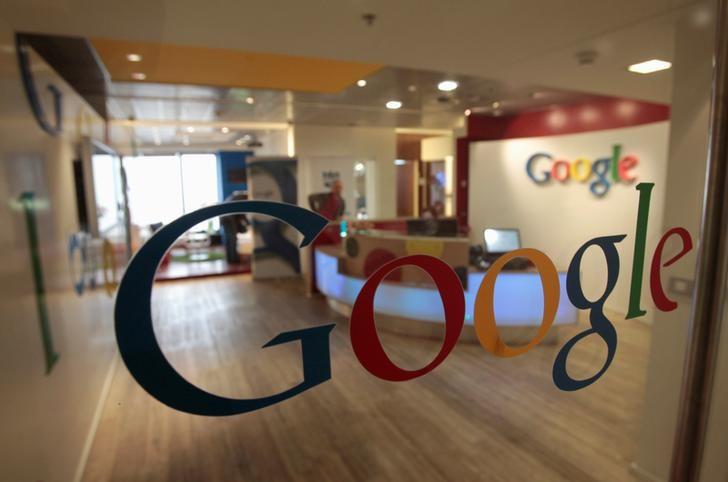Last year in September, the tech giant Google agreed to pay $170 million to settle claims that it had violated the privacy of children on YouTube as the company had collected personal information on kids without the consent of their parents.
Months later once again, Google, one of the largest data-mining companies in the world, is facing a lawsuit for secretly monitoring school children by tracking the digital lives of US kids as early as kindergarten.
Lawsuit against Google
The suit which was filed on Thursday, February 20 by Hector Balderas New Mexico's attorney general alleges that "The consequences of Google's tracking cannot be overstated: Children are being monitored by one of the largest data-mining companies in the world, at school, at home, on mobile devices, without their knowledge and without the permission of their parents."
The lawsuit also alleges that the tech giant has infiltrated over half of the American primary and secondary schools by offering a 'free' web-based service, through which children will be able to access applications including the company's email, calendar and drive services.
As per the lawsuit, the tech company misled schools as well as parents with assurances that there were no privacy issues with its educational service even as it collected potentially sensitive material on children's whereabouts and online behaviour. It should be mentioned that Google Education, which was claimed as a purely educational tool, is now used by over 80 million educators and students.
Thanks to the huge number of users, now Google has access to all of their digital lives and personal data, mentioned the lawsuit. It should be noted that over 25 million students and teachers also use the Chromebooks, laptops which run on Google's operating system, added the suit.

Spying on students
The lawsuit filed by New Mexico's attorney general alleges that "Google has captured generations of future customers who are trained to use Google's platform as early as kindergarten." In addition, the suit also mentioned that the data-mining of kids have violated Children's Online Privacy Protection Act, according to which the company must get consent from the parents before accumulating the personal information of any kind such as name, contact information and other personal details of a child under 13.
But as per the lawsuit, the tech giant has used the platform, Google Education, "To spy on New Mexico children and their families by collecting troves of their personal information." On the other hand, Google has dismissed the allegations and a spokesperson told CBS that "These claims are factually wrong" and added that "G Suite for Education allows schools to control account access and requires that schools obtain parental consent when necessary."
The spokesperson also stated that Google doesn't use personal information from users in primary and secondary schools to target ads. As per him, the school districts can decide how best to use Google's service for education in the classrooms and "We are committed to partnering with them."

What is 'Children's Online Privacy Protection Act'?
This Act protects US childrens' privacy by giving parents tools to control what information is collected from their children online. It requires the Commission to promulgate regulations requiring operators of commercial websites and online services directed to children under 13 or knowingly collecting personal information from children under 13 to:
(a) notify parents of their information practices;
(b) obtain verifiable parental consent for the collection, use, or disclosure of children's personal information;
(c) let parents prevent further maintenance or use or future collection of their child's personal information;
(d) provide parents access to their child's personal information;
(e) not require a child to provide more personal information than is reasonably necessary to participate in an activity; and
(f) maintain reasonable procedures to protect the confidentiality, security, and integrity of personal information.
In order to encourage active industry self-regulation, the Act also includes a "safe harbour" provision allowing industry groups and others to request Commission approval of self-regulatory guidelines to govern participating websites' compliance with the Rule.









